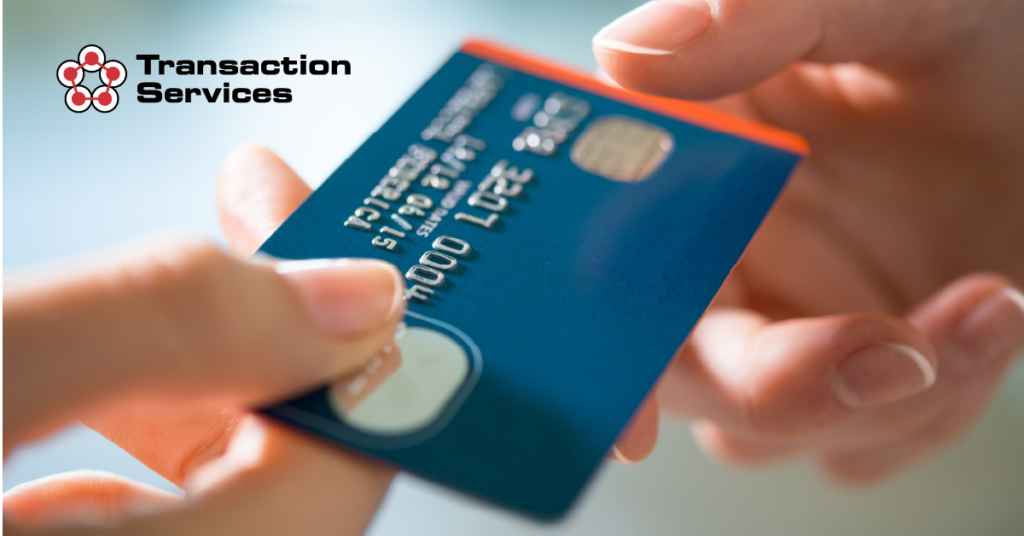Accepting Credit Cards: 5 Tips on Selecting the Right Processor Partner
Ok … great … your business accepts payment cards. But that means you have to select a processor that is connected to the card networks and the banks for handling the transaction and ensuring that you get your money into your account. What are the key steps to consider when selecting the best processor for your business? Here are our key tips on making this very important decision.
- Make sure you represent transactions accurately in your application. Merchant processors underwrite a broad variety of businesses, and predictably they want to minimize the risk associated with the transactions they handle. Transaction frequency and amounts that are different from your application will trigger a red flag and will create a problem for your business.
- Understand what type of programs are available. A good merchant processor will have more than one type of processing agreement available to best meet the needs of various businesses. Explore what type of program works best for your business, and don’t be artificially swayed by an option that may not work well in the long run.
- Consider processors that specialize in your industry – especially if your business is classified as high-risk. Certain businesses may be perfectly viable and have a long track record of success, but in processing terms, they may be considered high-risk as the number of transactions and amounts are not always predictable and consistent. High-risk processors understand these details and are often the best fit for these businesses.
- Think about available integrations supported by the processor. This can be a big consideration. You likely have software systems already in place in your business – accounting, inventory management, customer management, and many others. It can be very helpful to select a processor that already has connections into your systems, which makes the payment collection process even more efficient and less prone to mistakes.
- Pick a processor partner. Maybe the most important consideration of all. Choose a processor that has a track record of strong partnership with its customer clients. Ask specific questions about who will be the account manager and customer service contact for questions and when unexpected challenges occur. The best processors will demonstrate that the people who help you onboard your payments processing are the same contacts you call when you need something. That’s really important and can be the main difference in making the right choice.
Each business and industry is unique and requires the right experience – and the right partnership – for quick setup and effective management of your payments. After all, the most important part of any business is … getting paid … and choosing the right processor partner is very important.
Learn more about how we partner with our client customers. Contact us to learn more.
